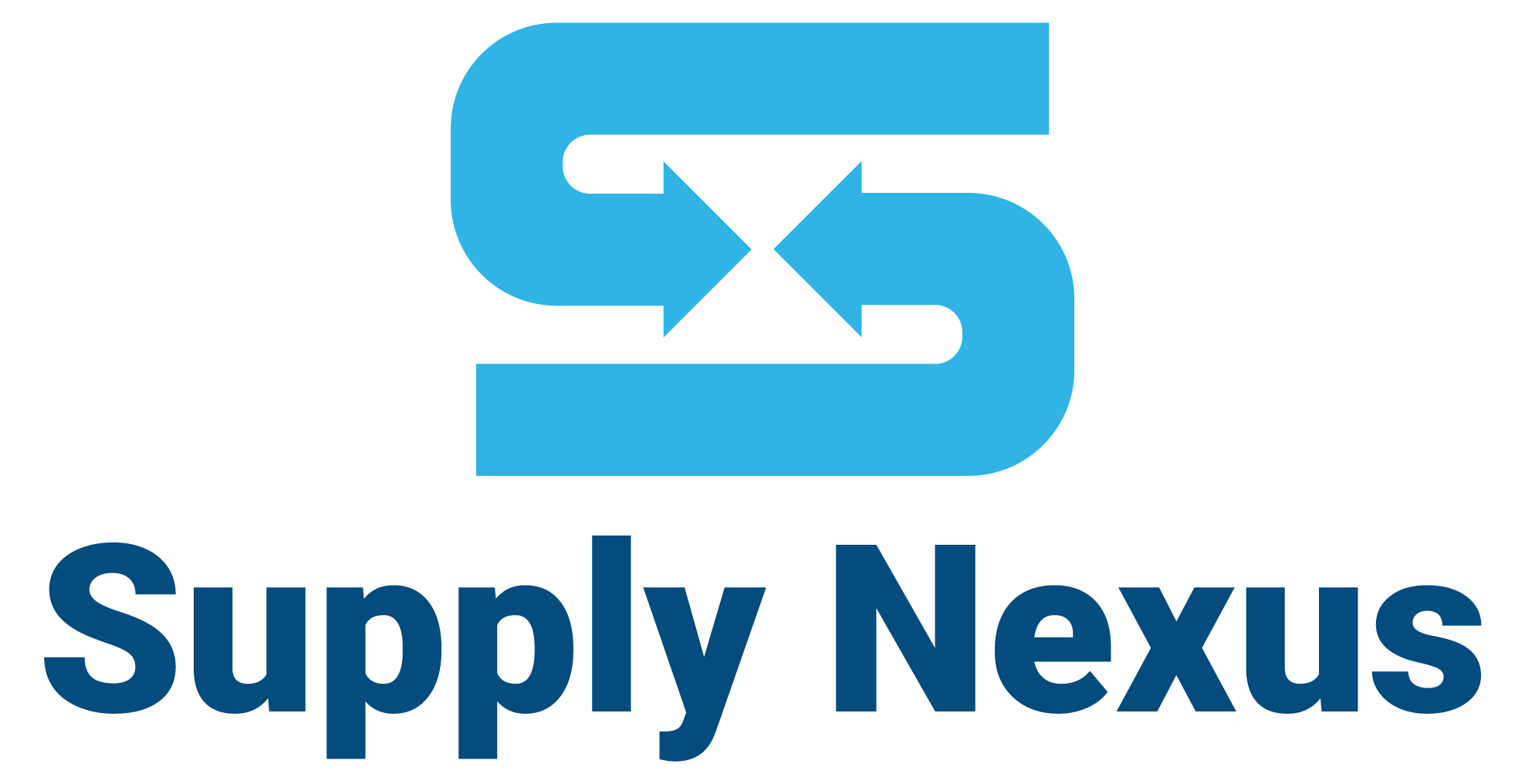Strategy
The rules of the game are changing.
In a world of constant change, Supply Chains must evolve their capabilities to adapt to new channels and forms of commerce, and ever more demanding expectations of the consumer. Meanwhile, Supply Chain managers must respond to seemingly contradictory demands of continuously reducing costs while ensuring a Supply Chain resilient to disruptive events and agile in its response to change.
Supply Chain managers must also deal with increasing complexity as Supply Chains become more extended, the number of suppliers and other commercial partners increase, and market tendencies push to widen assortments.
Both traditional and new technologies help simplify this complexity, achieve the proper balance between lean and resilient, and incorporate new capacities in the Supply Chain but are not the panacea by themselves. As the competition incorporates innovations and new capacities to modernize their Supply Chains, companies must run just to keep up.
In a world of constant change, Supply Chains must evolve their capabilities to adapt to new channels and forms of commerce, and ever more demanding expectations of the consumer. Meanwhile, Supply Chain managers must respond to seemingly contradictory demands of continuously reducing costs while ensuring a Supply Chain resilient to disruptive events and agile in its response to change.
Supply Chain managers must also deal with increasing complexity as Supply Chains become more extended, the number of suppliers and other commercial partners increase, and market tendencies push to widen assortments.
Both traditional and new technologies help simplify this complexity, achieve the proper balance between lean and resilient, and incorporate new capacities in the Supply Chain but are not the panacea by themselves. As the competition incorporates innovations and new capacities to modernize their Supply Chains, companies must run just to keep up.
INNOVATION
CAPACITIES
New technologies such as Artificial Intelligence (AI), Machine Learning (ML), Internet of Things (IoT), Blockchain, Robotization, Process Automation, and Advanced Analytics are being applied to improve efficiencies, gain new insights, and maximize the performance of the Supply Chain.
Supply Chains are transforming to provide new capacities to the business, incorporating Omni-Channel fulfilment models, endless aisle, drop ship, flow through, cross docking and last mile delivery.
At Supply Nexus we work with our clients to develop a complete vision and strategy for their Supply Chain, integrating infrastructures, processes and organization, policies, and systems to work in concert in the service of the company’s objectives:
01
Network Optimization
03
Supply Chain Visibility
05
Process Engineering and Optimization
07
Data Management
02
Omni-Channel Transformation
04
Digital Twin
06
Supply Chain Partner Integration and Collaboration
08


